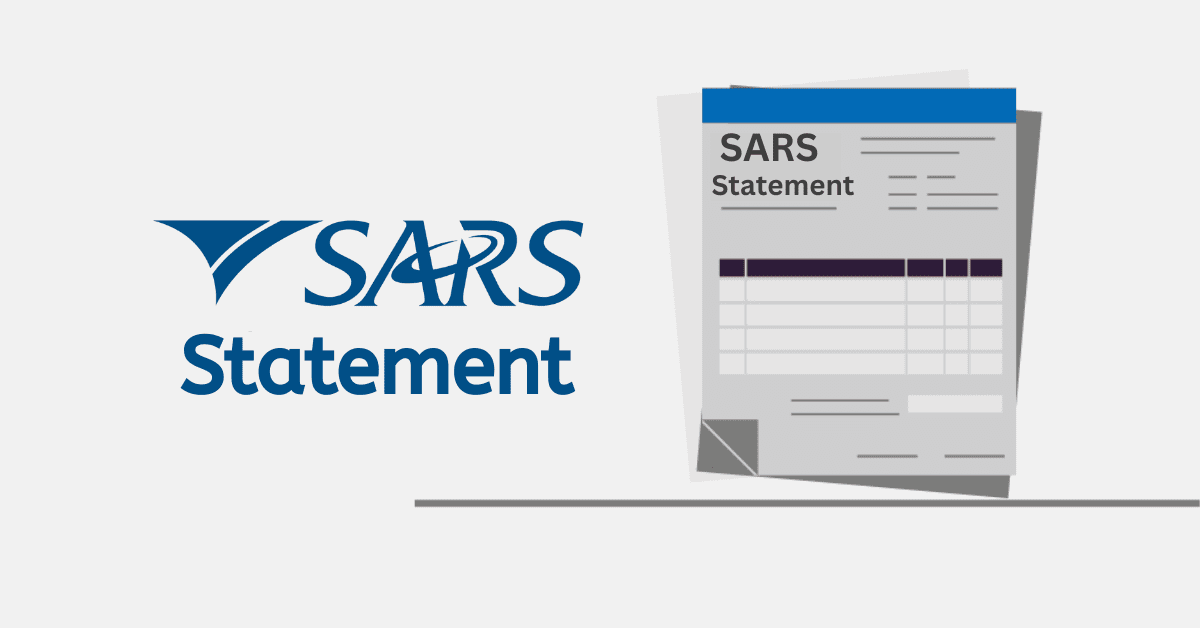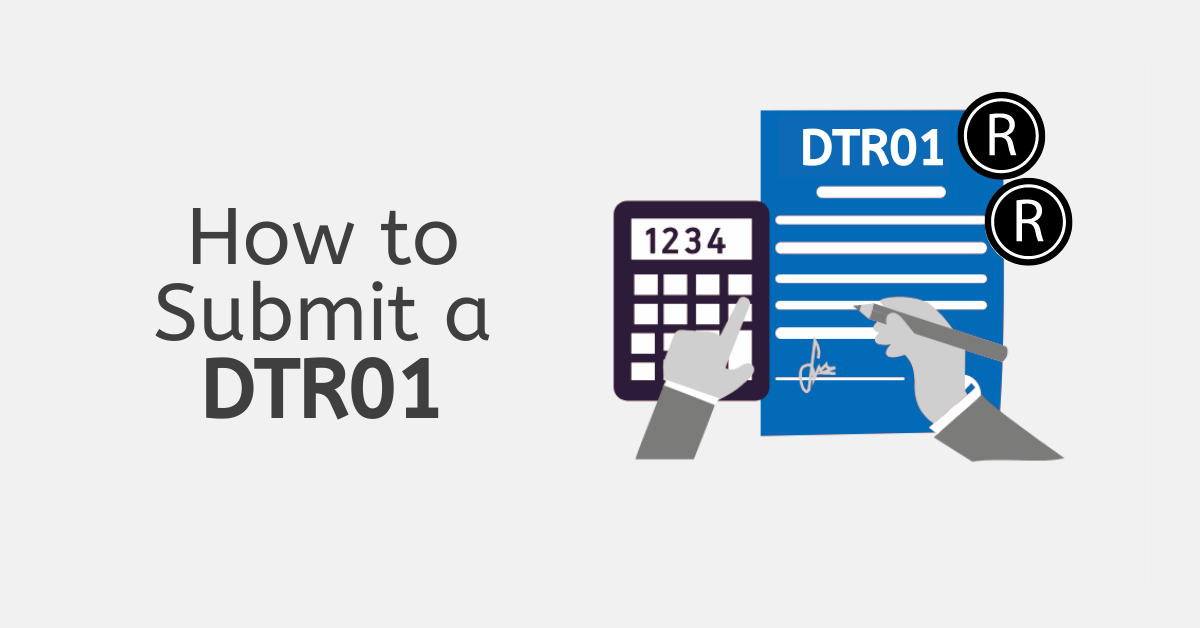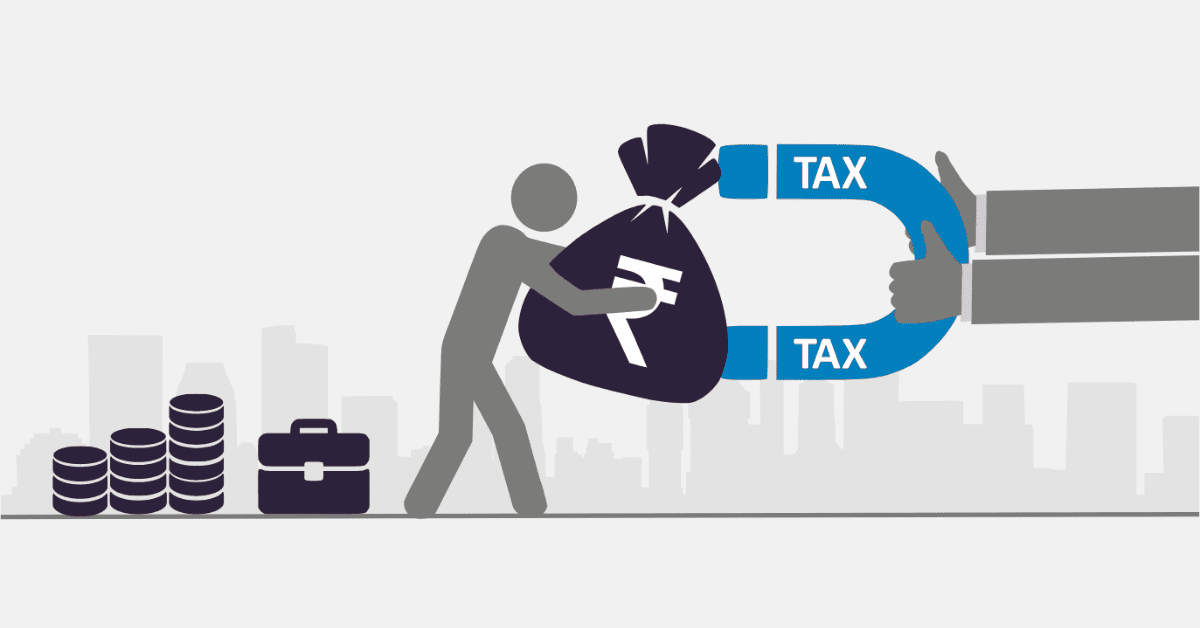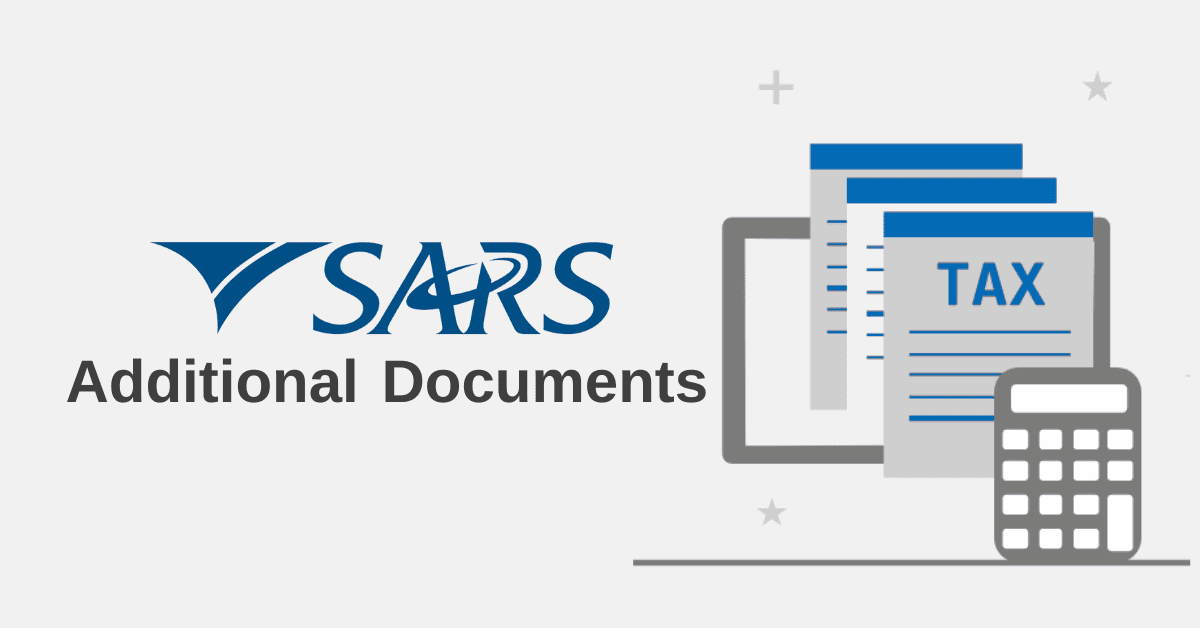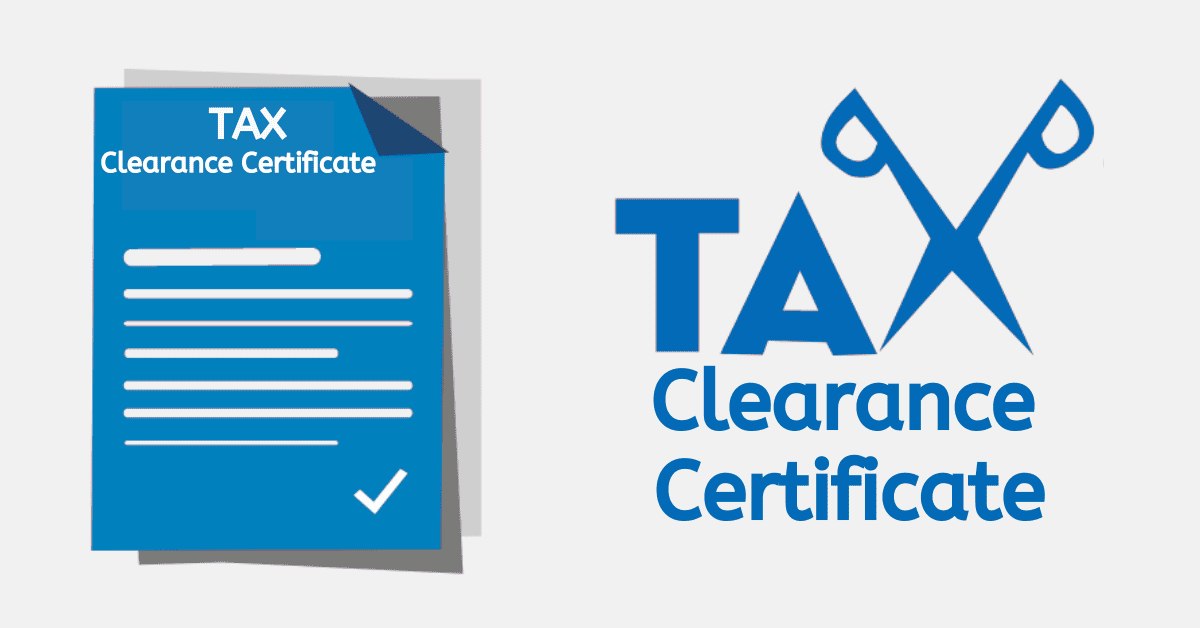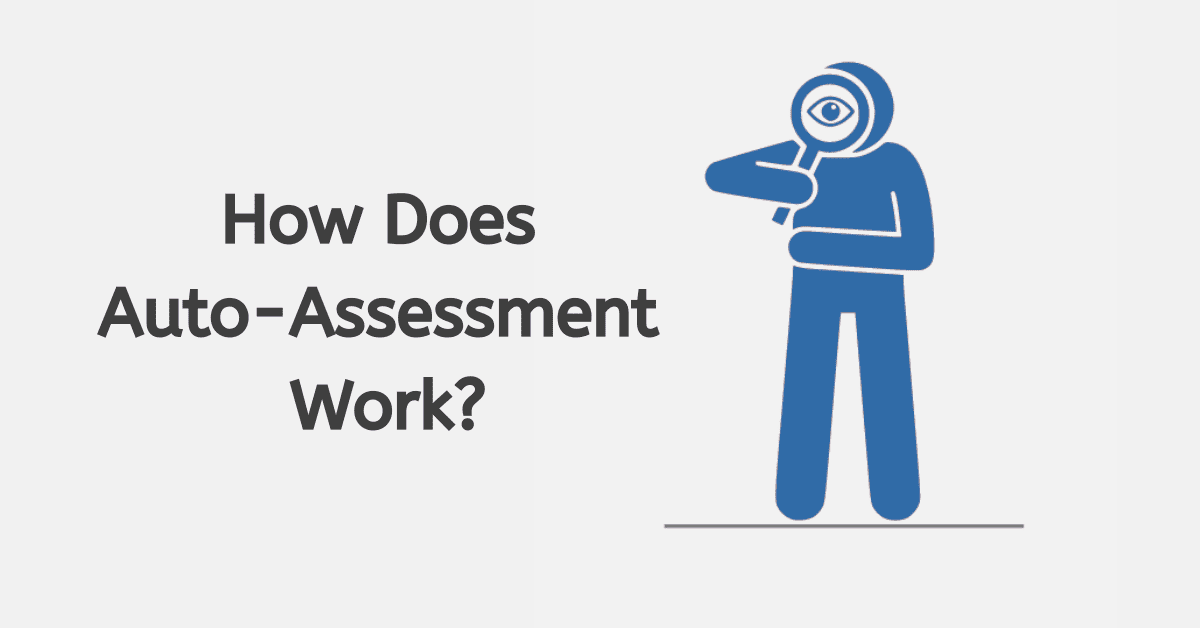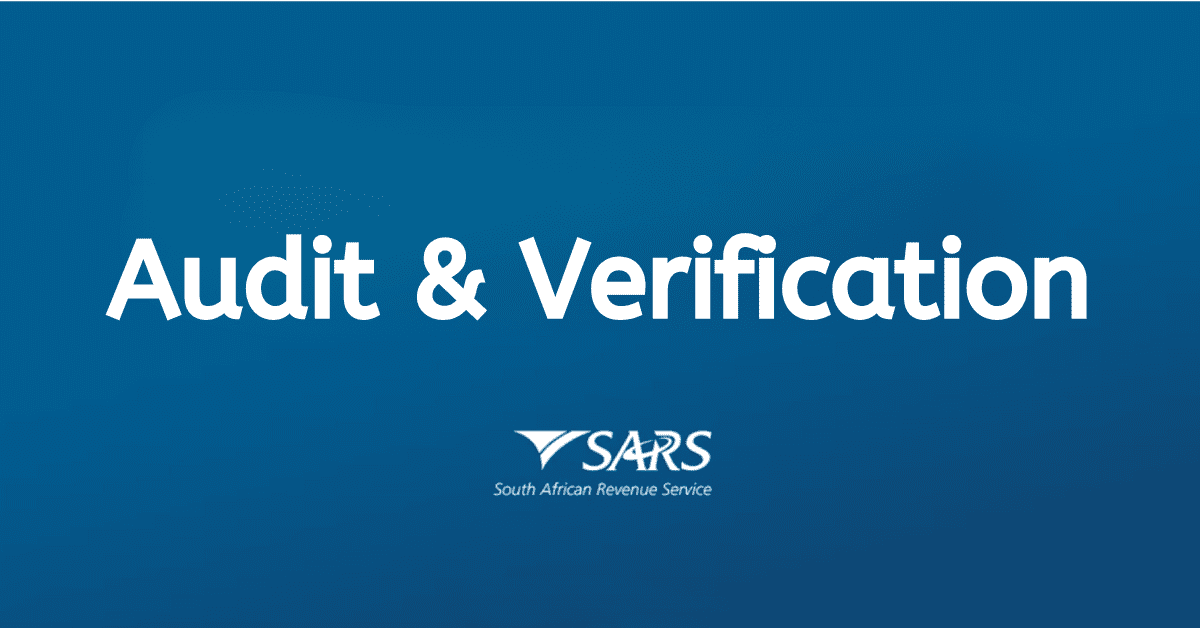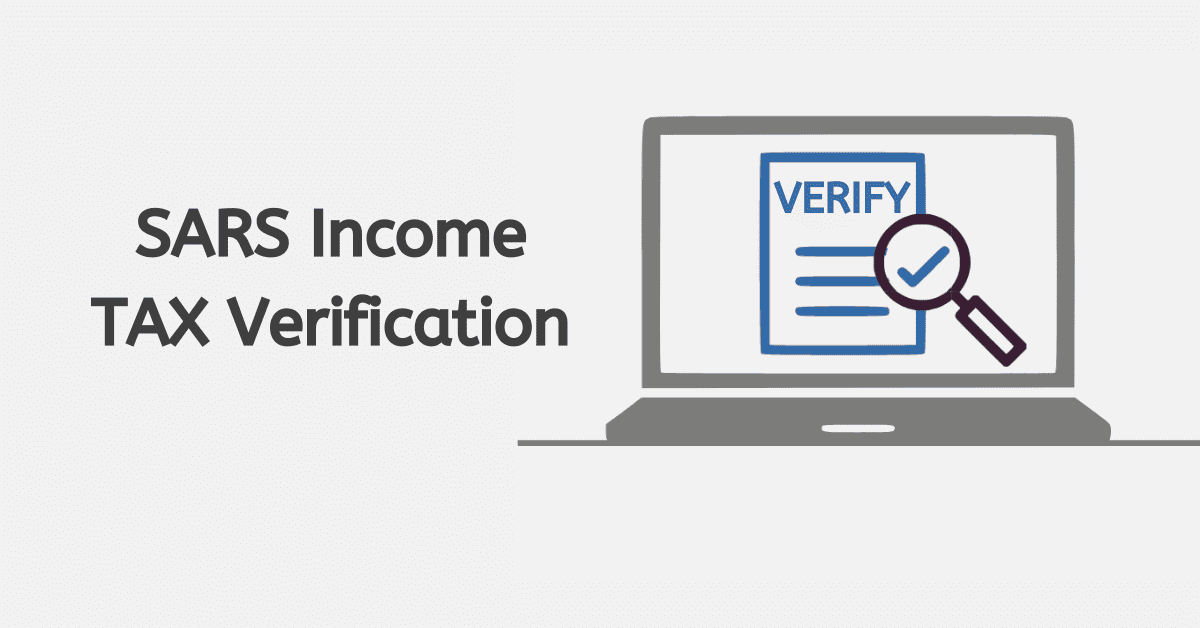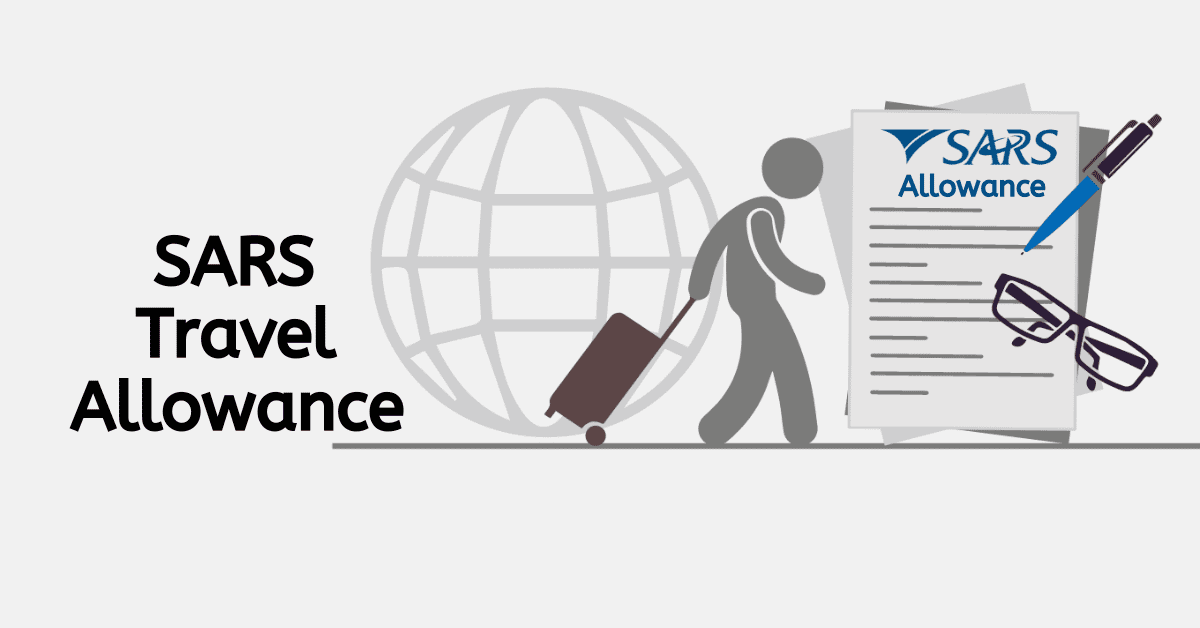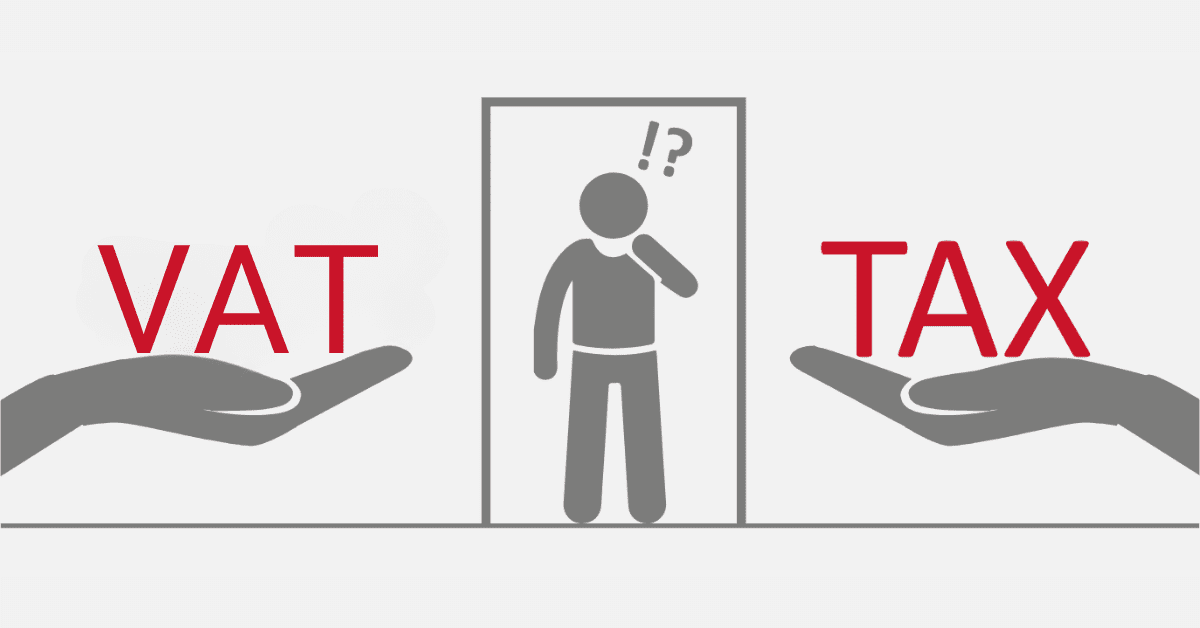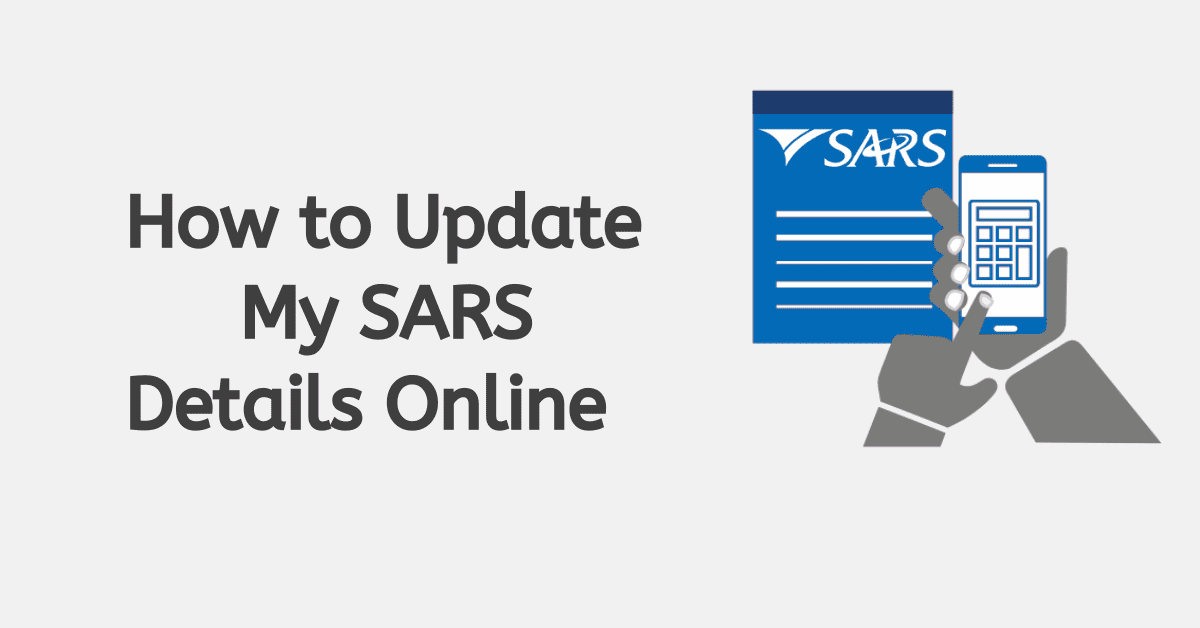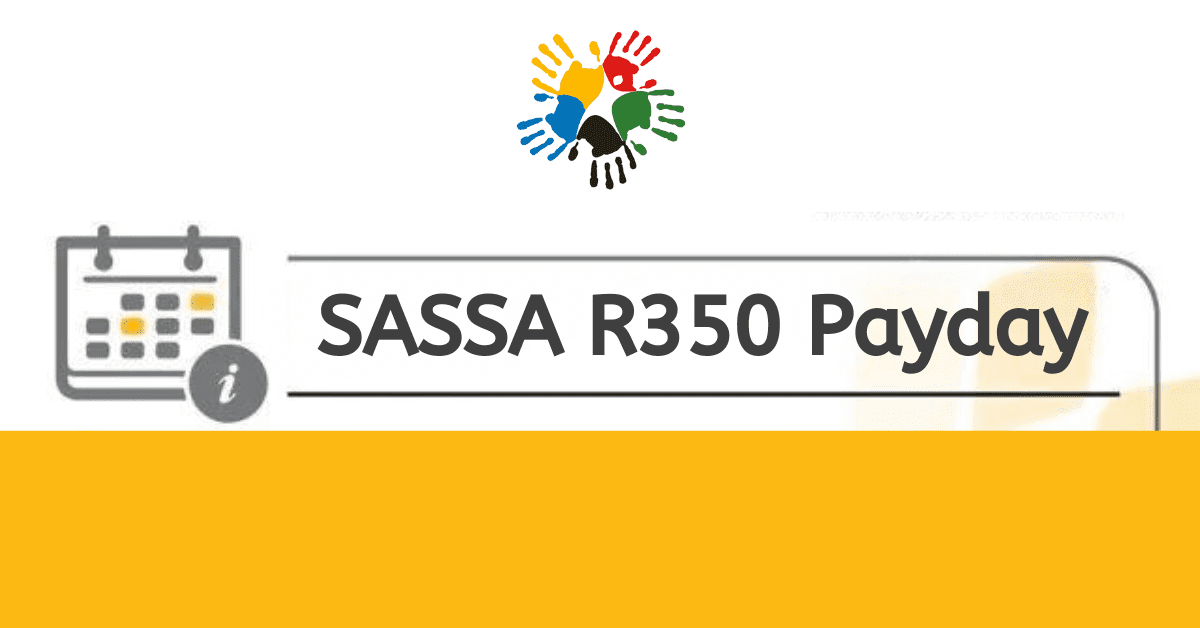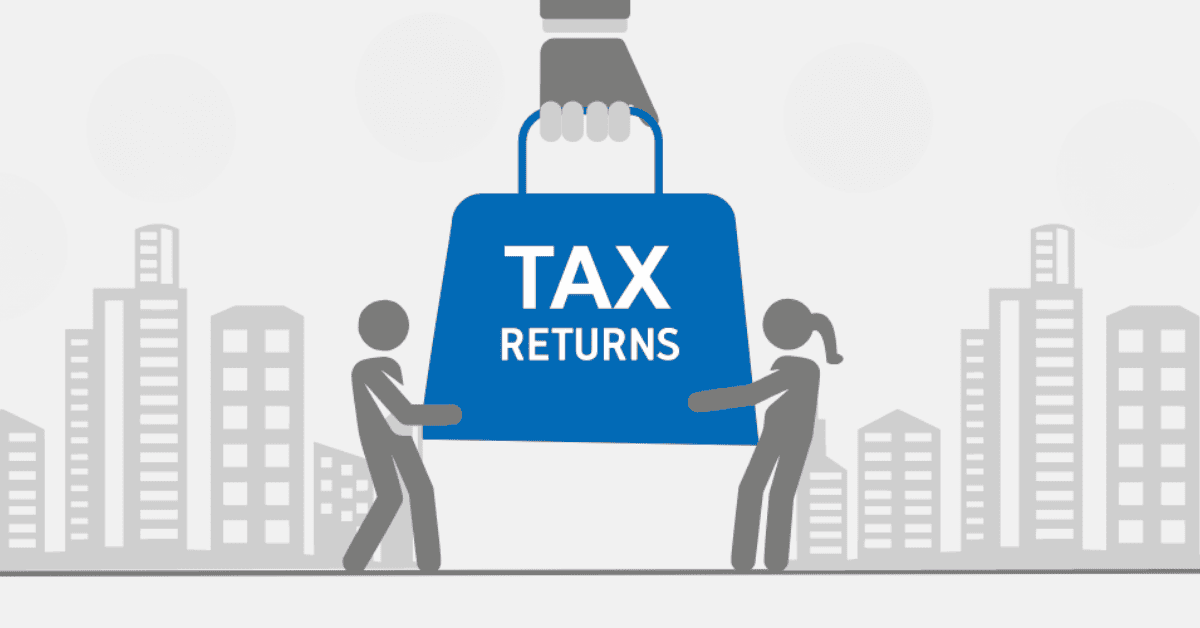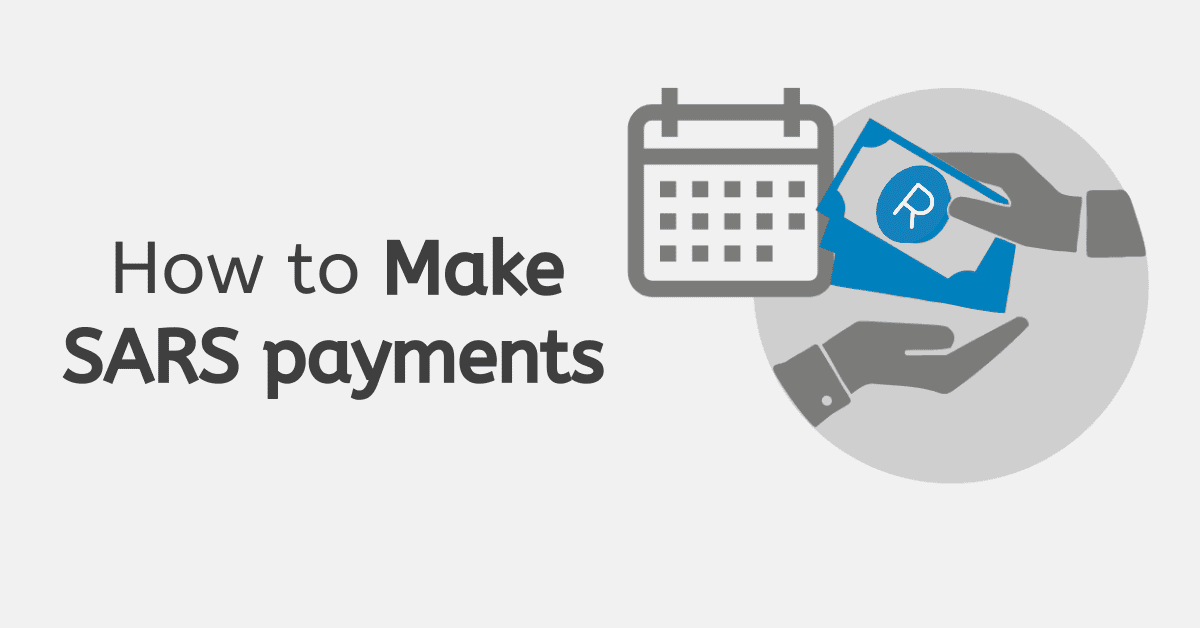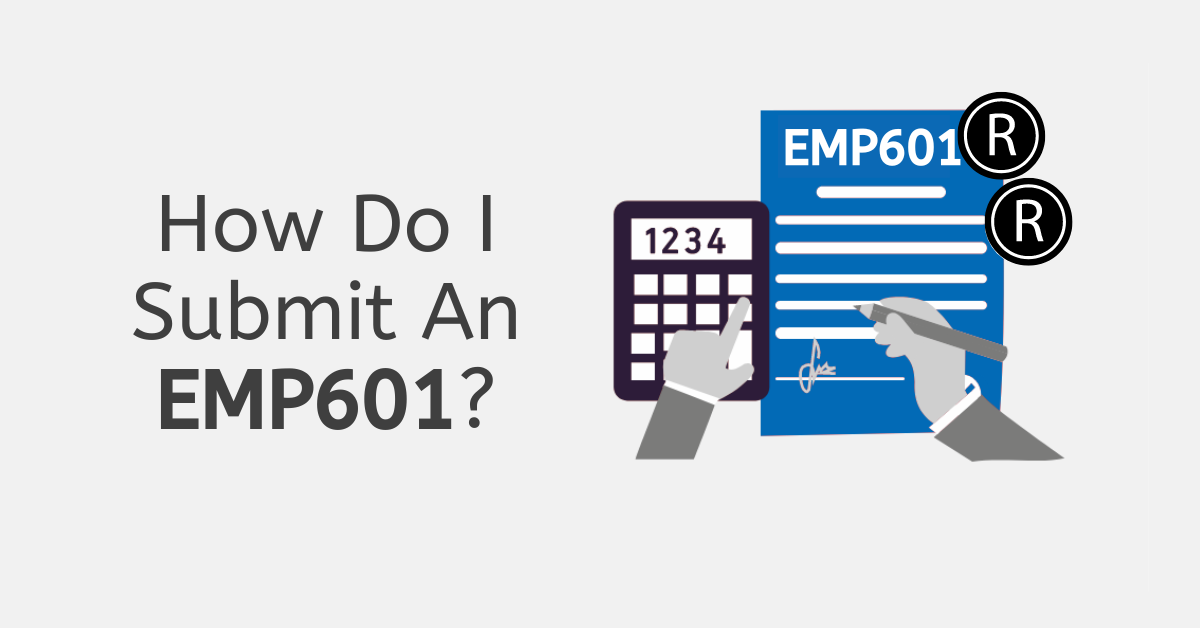If you use your private car for business purposes and receive a travel allowance from your employer, you can claim a deduction on your annual income tax return. To do this, you must have a SARS travel logbook where you record your vehicle’s odometer reading and details of your business travel. This article explains how you fill out your SARS travel logbook.
How Do I Fill SARS Travel Logbook?
First and foremost, you should download the SARS eLogbook for the tax year, which starts on 1st March and ends on 28th February of the following year. Your 2026 – 26 SARS elogbook assessment must-have business travel details from 1st March to 28th February 2026. The tax filing season starts on 1st July 2026.
You must first record your motor vehicle odometer reading on 1st March and record the odometer reading on 28 or 29 February, the last day of the tax year. The logbook has fields you should fill in related to your business travel. You can calculate your total kilometres for the tax year by subtracting opening kilometres from opening kilometres.
When you fill out the SARS travel logbook, only include the kilometres covered when you travel for business. There are fields in the logbook where you enter your destination and kilometres travelled. Remember that you cannot claim the travel between your home and workplace for business purposes.
You must have a separate logbook for each car if you have more than one vehicle used for business during a particular tax year. You must record the following details for every business trip in your SARS travel logbook.
- Date of travel
- Business travel information (Starting point of the destination, places visited, and reasons for the business trip)
- Kilometres travelled
Make sure you keep your logbook for about five years from the date you submit your return because you may be asked to submit it to SARS to support your claim.
Do You Have to Use SARS Logbook?
Without a travel logbook, you cannot claim any cost of business travel against the travel allowance allocated to you. In other words, without a logbook, you cannot claim for travel deduction. With a travel logbook, it becomes easier to calculate the amount you can travel. SARS can also use the logbook to verify your claim if the need arises. Therefore, you should retain your logbook with other material for five years from the submission date.
How Does SARS Calculate Travel Allowance?
SARS uses two methods to calculate your travel allowance. The first method involves using a cost scale table supplied by SARS and found in the introduction section of your travel logbook.
The simplified way utilizes the fixed rate per kilometre, as illustrated in the table below. With this method, there should be no other advance, no allowance, or other compensation paid by the employer.
| Value of the Vehicle Rand Including VAT | Fixed Cost Rand p/a | Fuel Cost C/km | Maintenance Cost C/km |
|---|---|---|---|
| 0-95 0000 | 29 836 | 131.70 | 40.90 |
| 95 000.01-190 000.00 | 52 889 | 147.00 | 51.10 |
| 190 000.01-285 000.00 | 76 033 | 159.70 | 56.30 |
| 285 000.01-380 000.00 | 96 197 | 171.80 | 61.50 |
| 380 000.01- 475 000.00 | 116 438 | 183.80 | 72.30 |
| 475 000.01 570 000.00 | 137 735 | 210.80 | 84.90 |
| 570 000.01-655 000.01 | 159 031 | 218.00 | 105.50 |
| Above 655 000 | 159 031 | 218.00 | 105.50 |
SARS can also calculate your claim using actual costs incurred during your business travels. It is essential to keep a record of your expenses during the tax year on top of keeping a logbook. The expenses include repairs and maintenance, oil, fuel, insurance, car license, finance charges, wear-and-tear, and lease costs.
If the employer provides a fixed allowance to the employee for business travel, the amount will appear under code 3701 on the IRP5. If a petrol card is issued, the money used for fuel will be added to the total amount.
A valid log book with all the necessary information about business trips covered must be maintained to support your claim. If some of the relevant details are missing, SARS may dismiss the logbook, which may lead to additional assessment.
To succeed in your claim for business travel costs, you should take the following measures:
- Ensure your opening kilometres on the odometer matches the previous year’s closing kilometre. Any mismatch can lead to the dismissal of your claim by SARS. If you have a good reason for the mismatch, ensure you write a letter to SARS.
- Check the correctness of the kilometres covered during private and business travel. If there is an error, SARS may decline your claim.
- The car’s service history must correspond with your logbook, or else your claim is dismissed.
- Ensure that you provide reasonable private and business kilometres to get the best result. If your claim is biased toward business travel, your claim can be rejected. There is no way you can use your vehicle for private business. For instance, the distance from your home to your workstation is private, not a business.
Therefore, keeping an accurate travel logbook is a good idea to make it easier for SARS to calculate your travel allowance.
What Is the SARS Rate per Kilometre?
The tables published in the government gazette and SARS’s travel logbooks are used to determine the allowable rate per kilometre for business travel deductions. If the employer pays no other compensation to the employee, the rate is 418 cents or R4.18 per kilometre.
If the reimbursed travel costs exceed the prescribed rate of R4.18 per kilometre, the full amount will be subject to PAYE. With fixed travel insurance, only 80% of the travel allowance will be subject to PAYE. If the employee has not met the full cost of fuel used in the car or maintenance costs, no claim can be made against these two.
If you use your private vehicle for business purposes, you are eligible to claim a travel allowance. You must keep an accurate travel logbook to make it easier for SARS to calculate and process your claim. Without a travel logbook, your claim will be rejected.
